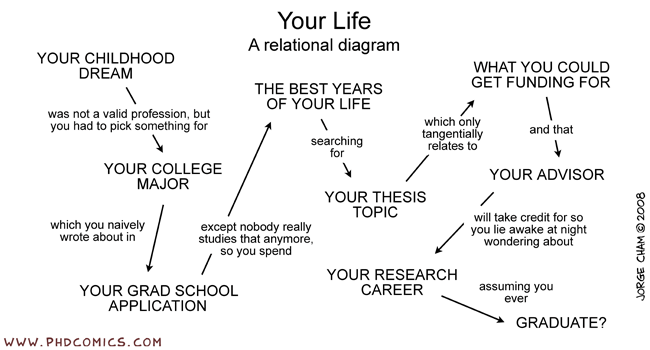
Originally Posted by
Animeniax
One of the practices that concerned me while in college was that a course would cover a topic for about 2 months, then have an exam, then go on to the next topic. The next topic had little to do with the previous topic, so it was easy to learn what you needed just to pass the exam, then forget everything you learned and move on to the next topic. Even the final exam only covered what you studied in the last month or two of the course; it was rarely a test of the entire semester's material. So I was always worried that I wouldn't learn what I needed in order to succeed in future courses or in my actual future job. The answer is, beyond the basics that you will need to survive through the degree plan, most of everything else you learn is just to get exposed to it, not necessarily to build on it and definitely not to master it.
More than just for future job considerations, college is a good time for personal experience and growth. Why rush into the work force if you don't have to? You'll probably never get another chance in life to take it this easy. 4 to 6 courses a semester, requiring 12 to 18 hours a week of class time, and the rest is hanging out, meeting people, playing sports, trying new things, and experiencing what's out there before you join the rat race and the old 8 to 5 and an hour in traffic to and from work 5 days a week, all year round.






 Reply With Quote
Reply With Quote







 that Microsoft can adopt you.
that Microsoft can adopt you.














 ) because I saw the flaw there, that you have to make it through college for it to be worth it, even though it should be obvious. Even if you end up working in a different field will have an easier time getting a job with any degree, I was offered a management position at some painting business because I will be getting a degree, doesn't matter that it is software.
) because I saw the flaw there, that you have to make it through college for it to be worth it, even though it should be obvious. Even if you end up working in a different field will have an easier time getting a job with any degree, I was offered a management position at some painting business because I will be getting a degree, doesn't matter that it is software. 